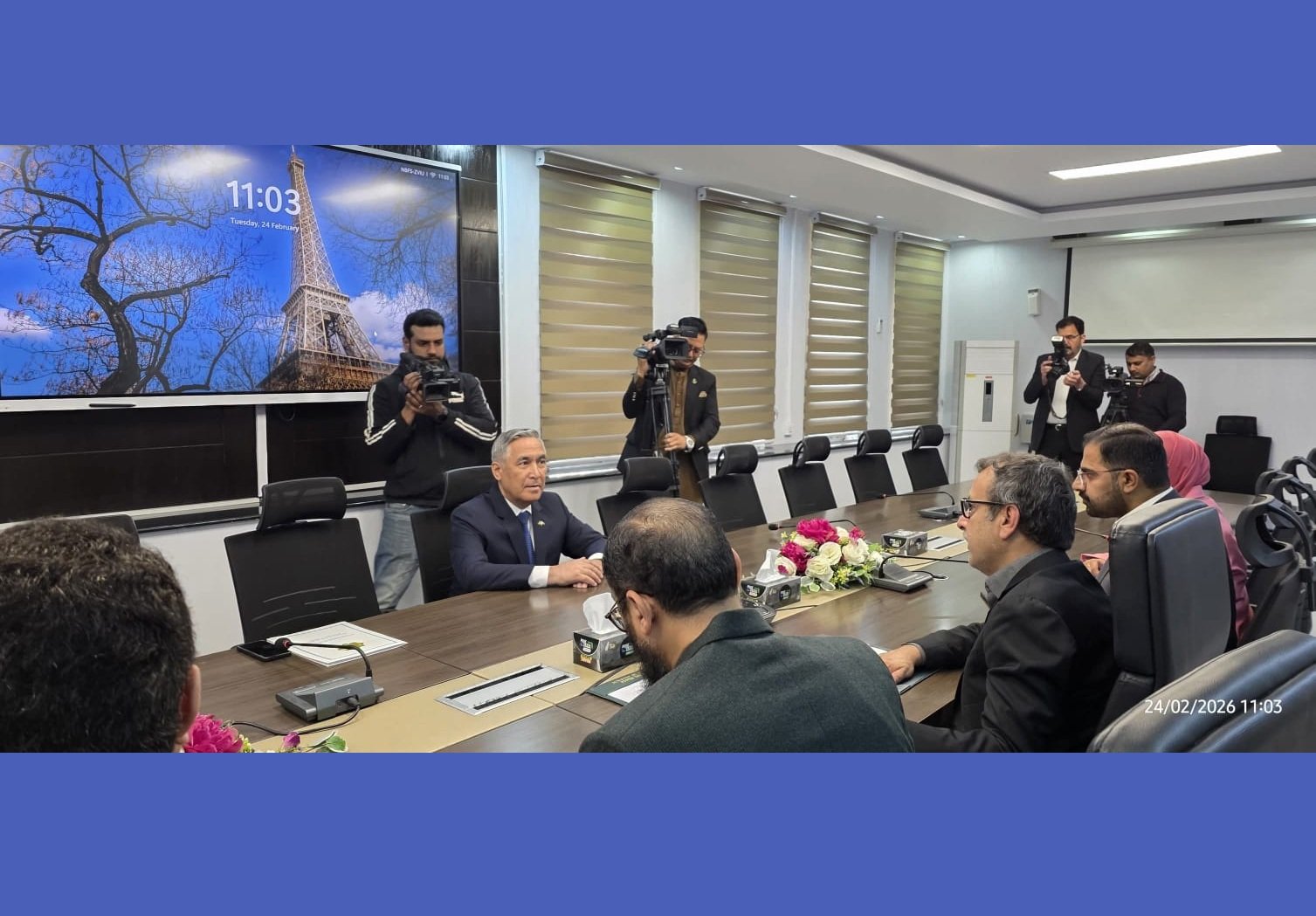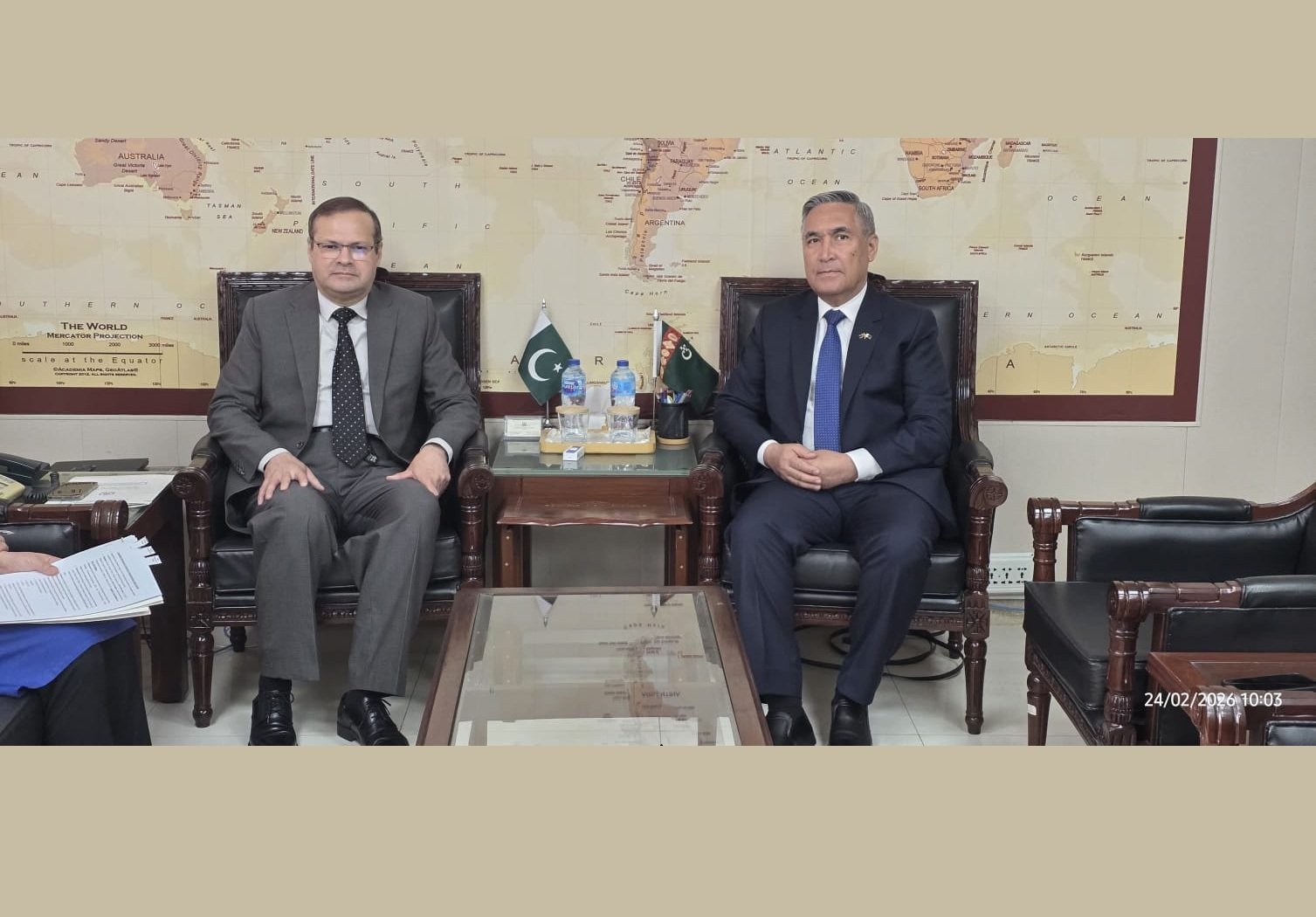Islamabad, July 29, 2024, The Europe Today: Pakistan is seeking a three to five-year extension in the maturity of $12 billion in debt from the Kingdom of Saudi Arabia, China, and the UAE. This extension is a prerequisite for securing approval from the IMF’s Executive Board on a new bailout package, announced Minister for Finance Mohammad Aurangzeb on Sunday.
After returning from China, Aurangzeb ruled out the possibility of seeking additional foreign loans from bilateral partners, stating that the external financing gap was “manageable.” Islamabad is requesting re-profiling of its foreign deposits, including $5 billion from Saudi Arabia, $4 billion from China, and $3 billion from the UAE, over a three to five-year period. The IMF requires external financing assurances for a 37-month period under the $7 billion Extended Fund Facility (EFF).
Aurangzeb also disclosed that Pakistan has begun the process of re-profiling the debt of Chinese Independent Power Producers (IPPs) to extend the maturity. A Chinese consultant will be hired to facilitate this process. The outstanding repayment for Chinese IPPs stands at $15.4 billion until 2036, and Pakistan is seeking an extension of five to eight years.
“This is a delicate issue; Pakistan does not seek debt restructuring or a haircut but an extension in the maturity of both foreign deposits and Chinese IPPs debt,” Aurangzeb explained during a news conference at the state-owned TV headquarters.
China has expressed appreciation for Pakistan’s efforts in making tough decisions to secure the IMF program and has assured support for obtaining approval from the IMF Executive Board. Aurangzeb emphasized the need to engage both China and the USA separately, as both are crucial for Islamabad.
The minister noted that nine Chinese IPPs, including one transmission line, are involved. Joint working groups will be established to negotiate terms beneficial to both parties. The process will involve detailed discussions on equity rates and dividends for individual IPPs.
Aurangzeb also confirmed ongoing discussions regarding a $600 million commercial loan from Chinese banks. Additionally, Pakistan plans to launch the Panda Bond, intending to register $1 billion, with $150 to $200 million capitalized in the first phase.
Acknowledging the economic challenges caused by high interest rates, electricity prices, and increased taxes, Aurangzeb attributed the situation to the expansionary budget and the derailment of the previous IMF program during Imran Khan’s tenure. This resulted in the depletion of foreign exchange reserves and a trust deficit, making IMF assistance essential.
He also addressed concerns about price exploitation by unscrupulous elements, noting that Price Monitoring Committees (PMCs) are monitoring prices at federal, provincial, and district levels.
Regarding local IPPs, the Minister for Power is planning to reduce tariffs in a way that honors existing agreements, aiming for a win-win situation. Aurangzeb acknowledged the burden on the salaried class but justified the tax hikes due to under-taxed and untaxed sectors. The government introduced the Tajir Dost Scheme, imposing a fixed tax ranging from Rs100 to Rs60,000 per month.
Aurangzeb highlighted the identification of 4.9 million potential tax evaders with significant assets who have not entered the tax net. He announced plans for a central system to prevent duplication in tax notices and address fake invoices for Sales Tax refunds and mismatched customs duty invoices.
On rightsizing ministries, Aurangzeb stated that the annual expenditure of ministries is Rs890 billion, and a 20 to 25 percent reduction is targeted to alleviate financial burdens.













